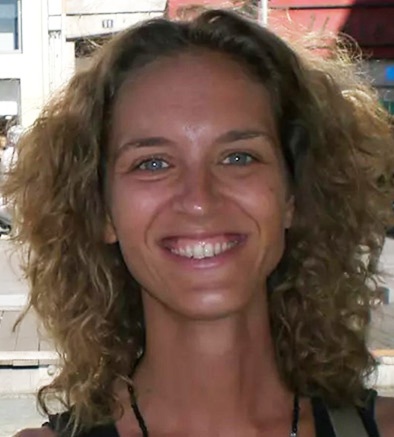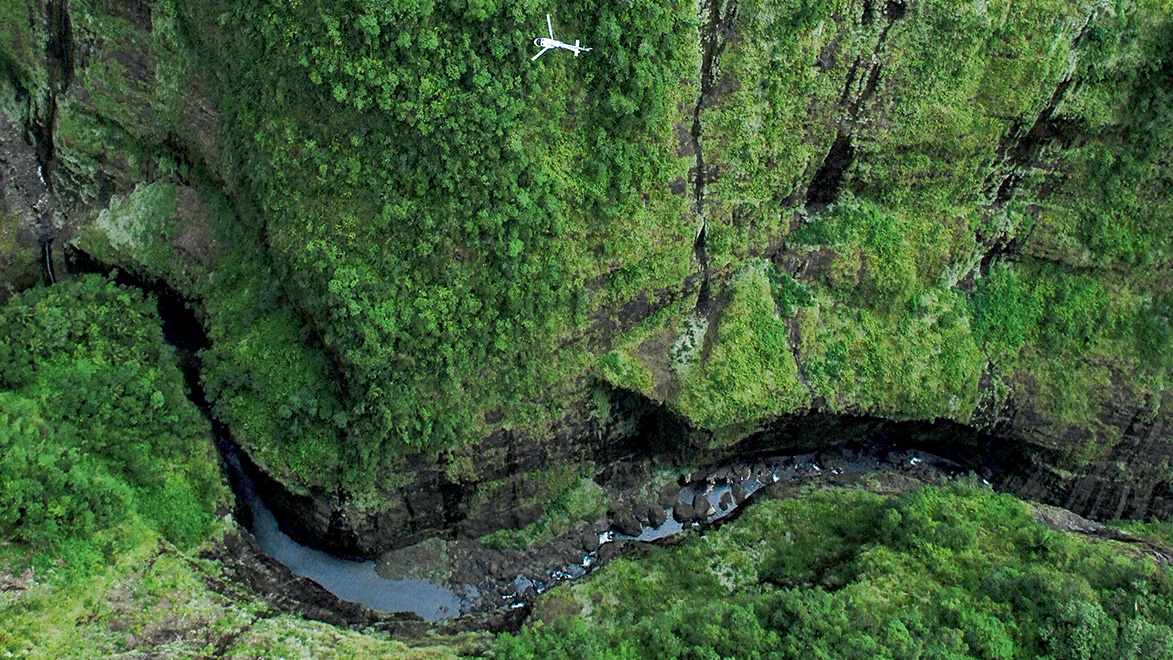Combining Environment and Social Justice in the Indian Ocean

With FRÉDÉRIQUE JANKOWSKI,
socio-anthropologist and Head of the Living Forest Project (CIRAD)
The Living Forest project is coordinated by CIRAD as part of the Varuna regional program. Can you explain the challenges it faces?
Madagascar and the islands of the Indian Ocean form one of the most important biodiversity hotspots in the world. However, these islands are especially vulnerable to climate change and pressures related to human activities. Madagascar has lost 44% of its natural forests since the 1950s, and deforestation is accelerating.
These arguments are put forward by organizations that uphold a very “conservationist” vision of preservation, in which ecosystems are protected as much as possible from human activities. Of course, some of these activities do have a strong impact on biodiversity, such as logging, the introduction of invasive species, and the cultivation of land. But the population of Madagascar is expected to double by 2050, and it will need cultivable areas for food, wood, and charcoal.
We can see that social, economic, and environmental issues can’t be separated. It’s crucial to mainstream biodiversity conservation into socially sustainable development. In other words, environmental management must be part of the fight against poverty. In addition, forest resources bear cultural and identity values that can’t be ignored.
Decades of environmental protection policies have not had the desired effects. The crisis is here, and the Malagasy people, who are often driven by food emergencies, suffer a feeling of abandonment or even injustice, which in turn fuels their distrust of public and international action.

How does Living Forest intend to respond to these challenges?
We base our action on three observations. The first is that development, agriculture, education, and environment issues must be addressed together. The second is that biodiversity conservation cannot be conducted at the expense of people’s living conditions. The third is that there’s a need for new research on these issues that should use cross-disciplinary approaches that include the wide range of stakeholders and knowledge involved in biodiversity management.
On this basis, Living Forest is setting up an innovative and inclusive system. Our objective is to come up with new forms of conservation and promotion of forest biodiversity, along with the various local stakeholders and with a concern for social and ecological justice. This project is made possible through strong partnerships, such as the “Forests and Biodiversity” research and teaching partnership launched by CIRAD and the “Landscapes” international joint laboratory put into motion by IRD, which brings together scientific partners from different Malagasy research institutes.
Social, economic, and environmental issues can’t be separated. It’s crucial to mainstream biodiversity conservation into socially sustainable development.
What are the local “living labs” that the project intends to set up?
A living lab makes it possible to bring together the various stakeholders who operate in a territory and to strengthen their capacities. It offers a framework for intermediation in order to put into motion a process of cooperation, circulation, and sharing of knowledge. Through these spaces, we want to give each stakeholder the opportunity to develop their own knowledge so that they can understand their environment and contribute to its transformation.
A living lab also provides a framework for open innovation, in a spirit of working together. In other words, the various stakeholders in a territory can innovate together to respond to shared challenges. There’s a twofold benefit because we consider that relational dynamics are as important as the innovations. All this is done according to governance rules that are considered fair and legitimate for the various stakeholders, because they take into account the plurality of value systems.
Interview conducted in March 2023
See also






